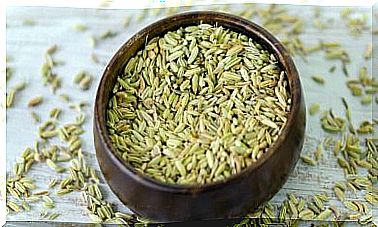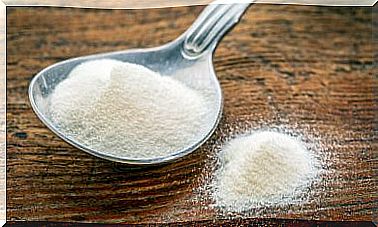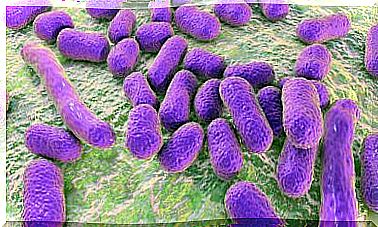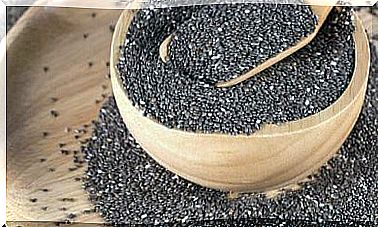Can Frequent Belching Be Avoided?
In general, belching can be reduced by modifying our eating habits, avoiding foods that cause gas, and eating calmly and chewing properly.
Could there be anything more embarrassing than burping after a heavy meal in company? Although they are quite annoying, we must know that it is not a disease but a condition that can be reduced and avoided. Learn how to avoid frequent burping in the following article.
Why do belching occur?
When stomach gases are expelled through the mouth and abruptly, they can cause more or less loudness. This is known as “burping” and has various causes, most related to indigestion or indigestion.
Factors that contribute to burping are:
- Eat fast, a lot and without chewing or salivating.
- Consume fatty foods in excess.
- Drinking too much carbonated liquid during a meal.
- Suffering from diseases such as hiatal hernia, gastritis or duodenal ulcer.
- Have anxiety or stress (because they modify digestive processes).
- Suffering from intestinal problems such as constipation, poisoning or food intolerances.
- Taking antacids or similar medications.
- Swallowing too much air when eating, talking, chewing, or smoking.
Although it is more common to eliminate air and gases through the intestines, the mouth is another means of escape. Some people suffer from this problem very often, while others only get bothered from time to time.
Drinking a glass of sparkling water usually helps to expel burps, although it is not recommended for people who suffer from them constantly.
Tips to avoid frequent belching
It is best to change your eating habits to stop burping constantly.
Follow a food routine
The first measure that should be taken to avoid frequent belching is to maintain order when eating and adhere to stipulated hours. Eating breakfast at the same time every day (even on weekends) and getting the body used to eating at certain times is essential.
It is also recommended to chew slowly and with your mouth closed, do not speak while eating, do not take too large bites, drink little water during the meal and avoid large dinners and just before going to sleep (wait at least two hours to go to bed) .
Eat the right foods
Fermented foods (eg pickles, sauerkraut, etc.) increase indigestion and therefore belching. The same happens with very fatty, spicy or sugary foods.
Look for substitutes if you have a food intolerance. For example, in case of lactose intolerance, a good option is to choose to drink plant-based milk. People who suffer from fructose intolerance are recommended to eat fruits with less sugar, and separate from the main meals.
It is recommended to avoid foods such as legumes, broccoli and onion. Do not forget that alcoholic and carbonated beverages contribute to belching, as does chewing gum.
Reduce stress

Feeling anxious, nervous, or stressed can make you eat more and worse. In addition, this tension encourages accelerated breathing while chewing, which ingests more air.
At this time, you should look for an alternative that favors relaxation: exercise, talk with a friend, sleep, listen to music …
Natural remedies to avoid frequent belching
Chamomile

Chamomile, or chamomile, is used to relieve various digestive disorders, including indigestion and intestinal gas (flatulence). It is recommended to take it as an infusion after meals.
Bitter foods

According to Traditional Chinese Medicine, this flavor favors digestion (that is, it does not cause stomach upset) and therefore recommends consuming bitter plants such as boldo, artichoke and gentian.
Other infusions
- Cardamom, pennyroyal, and green anise (one tablespoon of each in a liter of water).
- Ginger (one teaspoon per cup of water).
- Melissa, passionflower or orange blossom (one tablespoon of any of them per cup of water).
- Raspberry, fennel, chamomile (one teaspoon of each in two cups of water).
Burping usually passes on its own. However, if the situation does not improve and other symptoms appear, such as diarrhea, abdominal pain, loss of appetite, or rapid weight loss, it is recommended to see a doctor. It could be the sign of a more serious digestive disorder.









